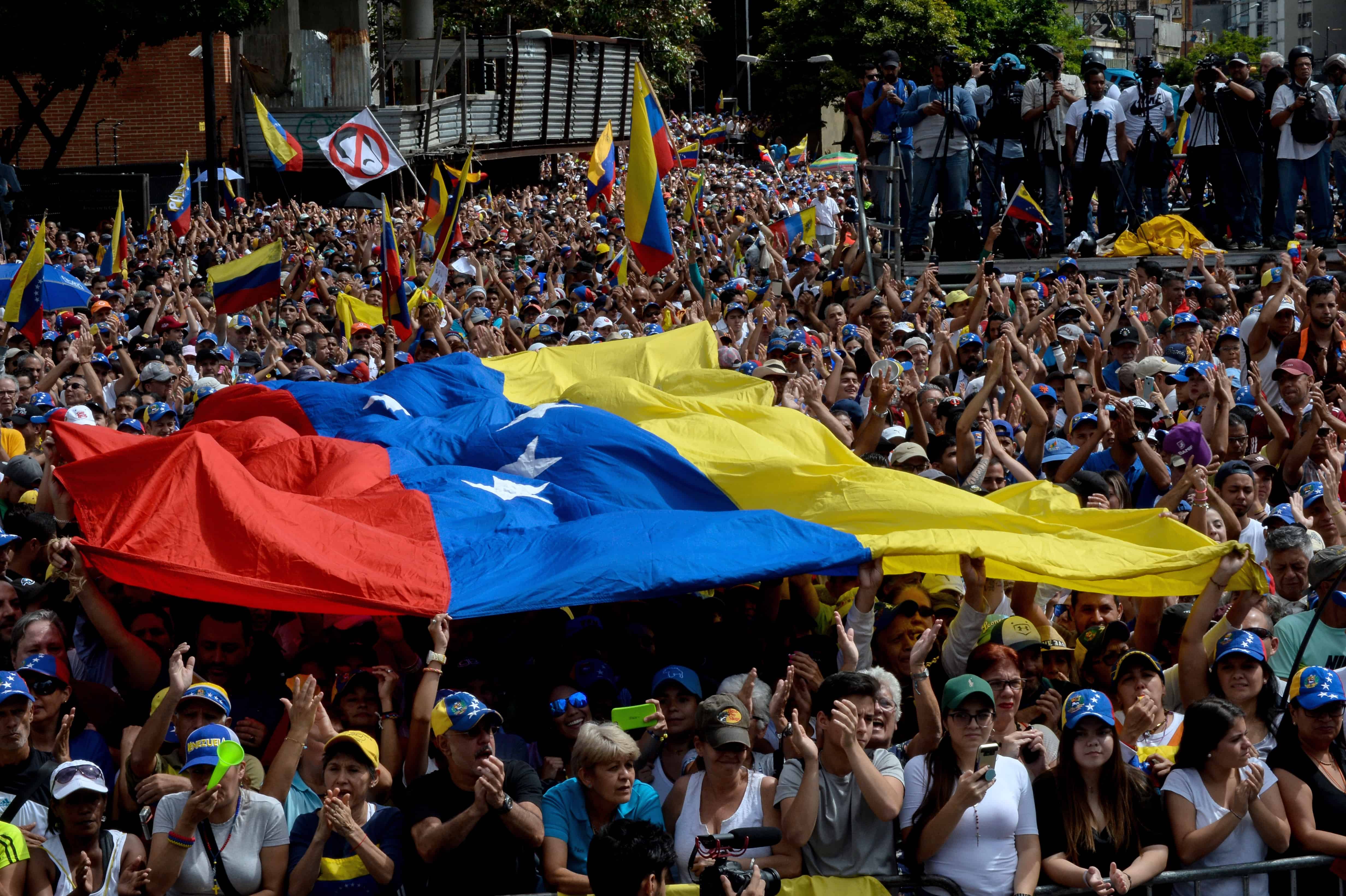Maria Faría, appointed ambassador by the self-proclaimed interim president of Venezuela, Juan Guaidó, took possession of her country’s diplomatic headquarters in Costa Rica on Wednesday.
The Costa Rican government has given Nicolás Maduro-appointed diplomats until April 15 to leave the country.
Faría managed to enter the embassy on Wednesday morning, according to an AFP journalist.
To chants of “The dictatorship has already fallen!” about 100 opponents of the government of President Nicolás Maduro gathered in front of the diplomatic premises and prevented access to the three Maduro representatives still in office in the Costa Rican capital.
Costa Rica is among 50 countries that have recognized the authority of John Guaidó, and President Carlos Alvarado last week accepted the credentials of Maria Faria, designated ambassador for the self-proclaimed president.
However, the Costa Rican authorities gave “90 calendar days,” or until April 15, for the three Maduro diplomats to leave the country.
In this regard, the Foreign Ministry expressed its “strong rejection” of Faría’s initiative to take possession of the embassy on Wednesday, estimating that the ambassador should only assume diplomatic representation when the April 15 deadline expires.
“This procedure is unacceptable because harms basic diplomatic norms of respect and trust in the international community, and above all, international law,” the ministry said in a statement.
Faría responded that she had acted “in full compliance with regulations and in use of the facilities” and announced that she will meet Thursday with Costa Rican Foreign Minister Manuel Ventura Robles.
The Costa Rican government had not dispatched a representative to the Jan. 10 inauguration of Maduro for a second term and instead sent a diplomatic note to Caracas expressing “unequivocal condemnation” of the election’s conditions.
President Alvarado warned, however, that Costa Rica “will not support any military intervention in Venezuela of any kind.”
The ambassador appointed in 2014 by President Maduro, Jesús Javier Arias Fuenmayor, is no longer in Costa Rican territory.
Update with editor’s note: The U.S. Department of State website provides a good summary of international relations between an embassy and its host country. It has been lightly modified below:
An embassy is the headquarters for Government representatives serving in a foreign country.
While the host government is responsible for the security of diplomats and the area around an embassy, the embassy itself belongs to the country it represents. Representatives of the host country cannot enter an embassy without permission — even to put out a fire — and an attack on an embassy is considered an attack on the country it represents.
This story was made possible thanks to The Tico Times 5 % Club. If only 5 percent our readers donated at least $2 a month, we’d have our operating costs covered and could focus on bringing you more original reporting from around Costa Rica. We work hard to keep our reporting independent and groundbreaking, but we can only do it with your help. Join The Tico Times 5% Club and help make stories like this one possible.






